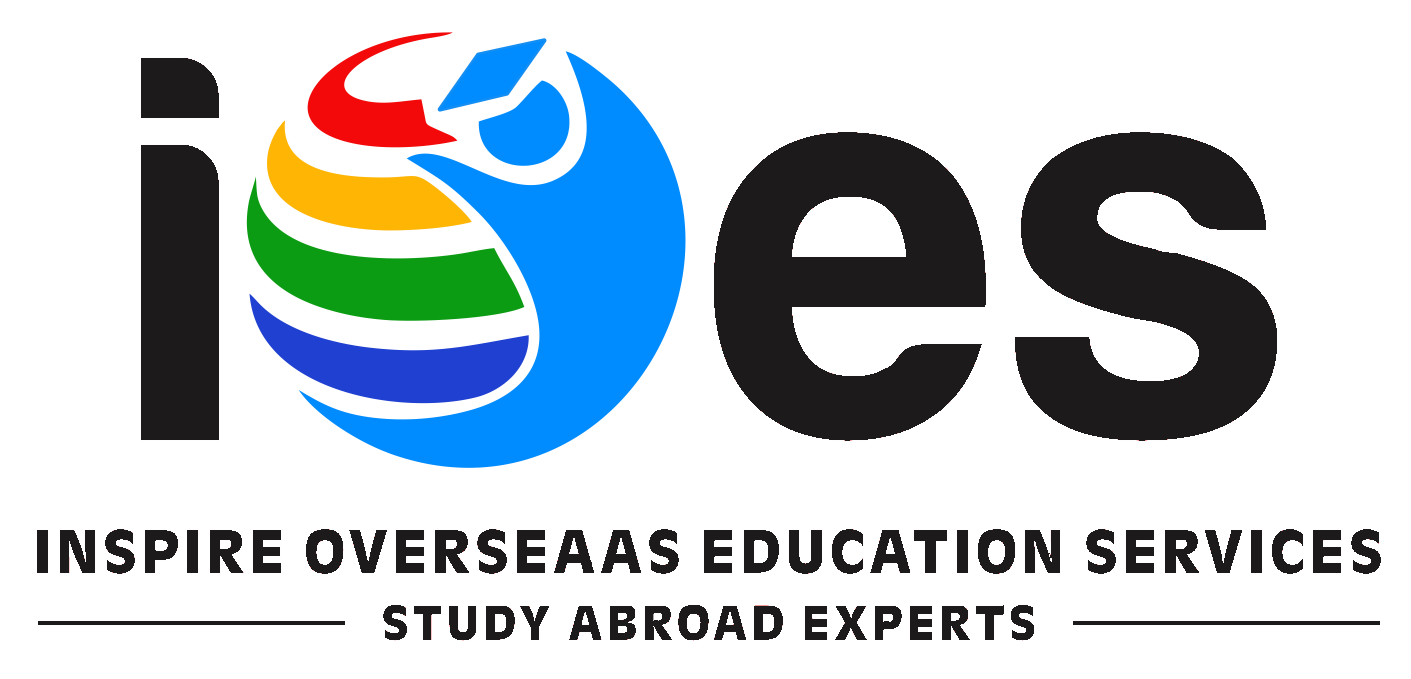
United States Study Programs
Explore the diverse academic programs and educational opportunities available in United States.
Top Study Programs in the United States
An overview of the most prestigious and in-demand academic programs for international students in the USA.

Business & Economics
The United States is home to many of the world's top business schools and economics programs. MBA programs from institutions like Harvard Business School, Stanford GSB, Wharton (UPenn), and MIT Sloan are globally recognized for their excellence. These programs typically feature case-based learning, extensive networking opportunities, and strong industry connections.
Undergraduate business degrees are equally prestigious, with schools like NYU Stern, UC Berkeley Haas, and the University of Michigan Ross offering comprehensive programs that combine core business foundations with specializations in finance, marketing, entrepreneurship, and international business. Economics programs at institutions like Harvard, Chicago, Stanford, and MIT consistently rank among the world's best.
International students in these programs benefit from experiential learning opportunities, including consulting projects with real companies, business plan competitions, and internships with leading corporations. The strong alumni networks and career services provided by top business schools offer exceptional value for career advancement globally.

Engineering
Engineering education in the US emphasizes innovation, problem-solving, and hands-on experience. MIT, Stanford, Caltech, Georgia Tech, and UC Berkeley lead global rankings across multiple engineering disciplines. Specialized programs in emerging fields like artificial intelligence, robotics, sustainable energy, and biomedical engineering offer cutting-edge training with world-class faculty and research facilities.
US engineering programs are known for their strong connections to industry, with many incorporating cooperative education ("co-op") experiences that allow students to alternate between academic terms and paid industry work. Programs like Northeastern University's co-op and Purdue's Professional Practice Program provide up to 18 months of work experience before graduation.
Engineering graduates benefit from STEM OPT extensions allowing up to 36 months of post-graduation work in the United States. With high demand for engineering talent globally, these programs offer excellent return on investment and career prospects in industries ranging from technology and manufacturing to healthcare and finance.

Law
American legal education is primarily offered at the graduate level through the Juris Doctor (J.D.) degree, a three-year program required for bar admission and legal practice in the US. Top law schools like Harvard, Yale, Stanford, Columbia, and Chicago are renowned for their rigorous curriculum, prestigious faculty, and powerful alumni networks in government, business, and legal practice.
For international students not seeking to practice in the US, the Master of Laws (LL.M.) provides specialized one-year training in areas like international law, intellectual property, business law, or human rights. These programs often serve as bridges between different legal systems and enhance career prospects in international legal practice, academia, or business.
American legal education emphasizes the case method, where students analyze judicial opinions and participate in Socratic dialogue. Clinical programs provide hands-on experience representing real clients under faculty supervision. Law journals, moot court competitions, and externships with judges or legal organizations offer additional professional development opportunities.

Medicine & Healthcare
Medical education in the United States follows a distinctive structure, beginning with a four-year Doctor of Medicine (M.D.) or Doctor of Osteopathic Medicine (D.O.) program after completing an undergraduate degree. Top medical schools like Johns Hopkins, Harvard, Stanford, and UCSF combine biomedical science education with early clinical exposure and research opportunities.
For international students not pursuing clinical practice in the US, alternative pathways include Master's and Ph.D. programs in areas like public health, biomedical sciences, health administration, and health informatics. The Johns Hopkins Bloomberg School of Public Health, Harvard T.H. Chan School of Public Health, and similar institutions offer world-class training in these fields.
US healthcare education emphasizes evidence-based practice, interdisciplinary collaboration, and cutting-edge research. Programs typically feature state-of-the-art simulation centers, access to leading teaching hospitals, and opportunities to participate in groundbreaking clinical trials and research projects that shape global healthcare practices.

Arts & Design
The United States offers exceptional arts and design education across various disciplines. Schools like Rhode Island School of Design (RISD), Parsons School of Design, and Pratt Institute lead in visual arts and design education. Programs in graphic design, industrial design, fashion, and digital media prepare students for creative careers in a technology-driven economy.
Performing arts training at institutions like Juilliard, Berklee College of Music, and NYU Tisch School of the Arts provides world-renowned instruction in music, theater, dance, and film. These programs combine rigorous technical training with professional performance opportunities and exposure to diverse artistic traditions and contemporary practices.
American arts education emphasizes portfolio development, interdisciplinary exploration, and entrepreneurial skills. Many programs feature collaborations with industry partners, artist residencies, and showcase opportunities that connect students with potential employers, galleries, performance venues, and production companies. The vibrant arts scenes in cities like New York, Los Angeles, and Chicago provide additional resources and networking opportunities.

Sciences
Scientific research and education in the US benefit from substantial funding, cutting-edge facilities, and collaborative environments. Leading institutions like Caltech, MIT, Stanford, and the University of California system offer exceptional programs across physical sciences, life sciences, and computational sciences. Research opportunities begin at the undergraduate level and expand significantly in graduate programs.
Emerging fields with strong US leadership include neuroscience, genomics, quantum computing, nanoscience, and climate science. Graduate programs typically combine coursework with research training and often provide funding through research assistantships, teaching positions, and fellowships. The completion of original research culminating in a thesis or dissertation is central to most advanced science degrees.
Scientific training in the US emphasizes independent inquiry, laboratory skills, and communication of findings through publications and presentations. Many programs include industry internships or research collaborations with government laboratories and private sector R&D departments. Science graduates benefit from STEM OPT extensions and strong global demand for their skills in research, development, and innovation roles.

Computer Science & Information Technology
The United States leads global education in computer science and IT, with institutions like Stanford, MIT, Carnegie Mellon, UC Berkeley, and Georgia Tech consistently ranking among the world's best. Programs range from theoretical computer science to applied areas like artificial intelligence, machine learning, cybersecurity, cloud computing, and human-computer interaction.
CS education in the US emphasizes project-based learning, with students building software, systems, and applications throughout their studies. Many programs incorporate hackathons, programming competitions, and industry-sponsored capstone projects. The proximity to tech hubs like Silicon Valley, Seattle, Austin, and Boston provides unparalleled networking and internship opportunities.
Computer science graduates enjoy excellent career prospects both in the US and globally, with high starting salaries and strong demand across industries. The STEM OPT extension allows international students up to 36 months of post-graduation work experience in the US. Many programs also offer specialized tracks in entrepreneurship for students interested in launching their own technology ventures.
More About United States
Discover other aspects of student life and opportunities in United States.
Ready to Study in United States?
Take the first step towards your international education journey with IOES.




